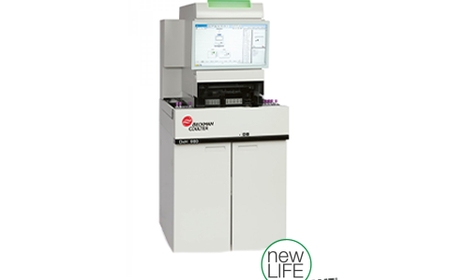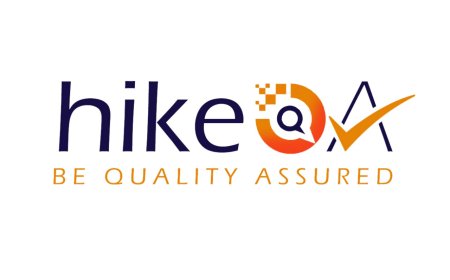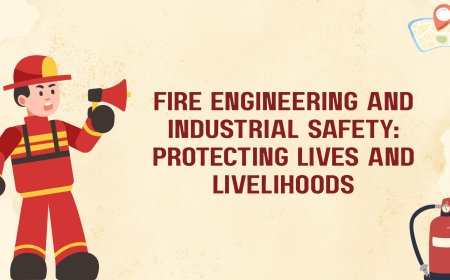How the Advanced Diploma in Industrial Safety Prepares You for Safety Audits
One of the most effective ways to prepare for this demanding task is by pursuing the Advanced Diploma in Industrial Safety (ADIS).

In todays highly industrialized and competitive world, workplace safety is not just a regulatory requirement, its a cornerstone of responsible and sustainable operations. Safety audits play a critical role in evaluating the effectiveness of safety systems in organizations. They help identify risks, ensure compliance with legal standards, and foster a culture of continual improvement. One of the most effective ways to prepare for this demanding task is by pursuing theAdvanced Diploma in Industrial Safety (ADIS).
This comprehensive program equips safety professionals with the knowledge, skills, and confidence needed to plan, conduct, and manage safety audits across a wide range of industries. Lets explore how the ADIS program prepares you for safety audits and why its a valuable qualification for aspiring and current safety officers.
1. Understanding the Fundamentals of Safety Audits
The ADIS program begins by laying a strong foundation in the principles of occupational health and safety. It introduces students to:
-
Types of safety audits (internal, external, statutory)
-
Objectives and benefits of audits
-
Legal and regulatory frameworks like the Factories Act, OSHA, BIS, and ISO standards (e.g., ISO 45001)
By the end of the program, learners understand why audits are conducted, what they are expected to uncover, and how they contribute to the organizations overall safety performance.
2. Familiarity with Audit Standards and Legal Compliance
One of the most crucial roles of a safety auditor is to ensure that the organization complies with national and international safety regulations. The ADIS syllabus covers:
-
Indian statutory requirements (Factories Act, Environment Protection Act, Explosives Act, etc.)
-
International safety standards (ISO 45001, OSHA, NFPA, etc.)
-
Risk assessment and hazard identification techniques (HAZOP, FMEA, Job Safety Analysis)
This training ensures that diploma holders are well-versed in compliance and are capable of assessing whether workplaces meet the required safety norms.
3. Mastering the Audit Process Step-by-Step
The Advanced Diploma in Industrial Safety provides detailed training on how to conduct safety audits from start to finish. This includes:
-
Planning the audit (setting objectives, scope, and checklist development)
-
Conducting field inspections
-
Interviewing employees and reviewing documents
-
Identifying non-conformities
-
Reporting and documentation
-
Follow-up and corrective actions
These skills are not just taught in theory; they are often practiced through case studies, simulations, and project work, ensuring that students are audit-ready upon course completion.
4. Real-Life Industry Exposure and Practical Skills
Many ADIS programs include internships, industrial visits, or case-based projects. These practical components offer exposure to real-life safety systems and auditing environments. Students learn to:
-
Navigate complex industrial setups
-
Use tools and checklists in actual safety assessments
-
Communicate with line managers and staff
-
Evaluate machinery, equipment, fire safety systems, and emergency preparedness
This hands-on learning enhances their ability to spot real-world risks and recommend actionable improvements.
5. Report Writing and Communication Skills
A significant part of safety auditing involves documenting findings and presenting them clearly to management and stakeholders. The ADIS curriculum emphasizes:
-
Technical report writing
-
Data presentation and analysis
-
Preparing audit summaries and compliance matrices
-
Making recommendations and suggesting corrective measures
These skills ensure that safety professionals can effectively communicate audit results, influence decision-makers, and drive change within an organization.
6. Leadership and Risk Management
Beyond technical auditing knowledge, the ADIS also focuses on developing leadership skills and a strong understanding of risk management strategies. Safety auditors often need to:
-
Lead safety inspection teams
-
Facilitate training and safety meetings
-
Promote a positive safety culture
-
Encourage employee participation in audits
The program nurtures these soft skills so that graduates can function not just as auditors but also as safety champions within their organizations.
7. Technology Integration and Modern Tools
Modern safety audits increasingly use software tools, data analytics, and digital reporting platforms. ADIS programs often introduce learners to:
-
Audit management software
-
Incident tracking systems
-
Mobile inspection apps
-
Digital checklist tools
Being comfortable with such tools helps safety professionals conduct efficient, organized, and data-driven audits.
8. Preparedness for Certification and Third-Party Audits
Whether the organization is aiming for ISO 45001 certification or undergoing external inspections by regulatory bodies, ADIS graduates are prepared to:
-
Coordinate pre-audit activities
-
Assist in documentation and evidence collection
-
Conduct internal audits in line with ISO standards
-
Facilitate third-party audit visits and ensure smooth execution
This makes ADIS holders invaluable assets during external audit preparations, giving them an edge in job markets where certifications are increasingly crucial.
9. Career Opportunities in Safety Auditing
After completing the ADIS course, candidates can apply for roles such as:
-
Safety Auditor
-
Safety Officer
-
EHS (Environment, Health & Safety) Coordinator
-
Compliance Inspector
-
Risk Management Consultant
-
Internal Audit Lead for Safety Management Systems
These roles are in demand across industries such as manufacturing, construction, oil & gas, chemicals, logistics, pharmaceuticals, and even IT parks, especially where OHS compliance is tightly monitored.
10. Continuous Improvement Mindset
The ADIS program fosters a mindset of continual learning and safety improvement, essential for auditors. It emphasizes:
-
Root cause analysis
-
Benchmarking best practices
-
Conducting periodic audits
-
Creating a cycle of continuous safety improvement (Plan-Do-Check-Act)
With this approach, safety professionals not only assess but also drive proactive safety management.
Note: For career growth visit best Institute of Fire Engineering and Safety Management
Conclusion
The Advanced Diploma in Industrial Safety is more than just a qualification, its a comprehensive training pathway that equips professionals with all the tools needed to become competent and effective safety auditors. From mastering legal standards and audit techniques to developing communication and leadership abilities, the program covers every aspect of audit preparedness.
In a world where workplace safety is a top priority, having certified professionals who can lead, conduct, and follow through on audits is essential. If you're aiming for a career where you can make a real difference while ensuring regulatory compliance and operational excellence, the ADIS is your gateway to becoming an indispensable safety auditing professional.









































